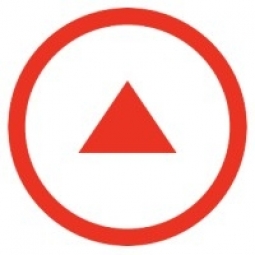Fulcrum
Case Studies
Sequel Group Streamlines Gas Meter Inspection Process
Overview
 |
Sequel Group Streamlines Gas Meter Inspection ProcessFulcrum |
Analytics & Modeling - Computer Vision Software Platform as a Service (PaaS) - Connectivity Platforms | |
Utilities | |
Field Services Maintenance | |
Predictive Maintenance Remote Asset Management | |
System Integration Training | |
Operational Impact
| Field techs are able to collect additional valuable data in shorter amounts of time. | |
| Dispatchers are able to associate each meter with an address, so when a field tech is assigned a job, they can see all the meters associated with that address. This not only makes the techs’ jobs easier, but it eliminates unnecessary overlap and site revisits. | |
| Supervisors are now able to plan their techs’ routes in just a few minutes, when it used to take at least half a day. | |
Quantitative Benefit
| The utility's customer satisfaction was increased following the implementation of an automated IVR (Interactive Voice Response) appointment scheduling system and appointment confirmation via SMS text messaging, both seamlessly integrated into Fulcrum by Sequel. | |


